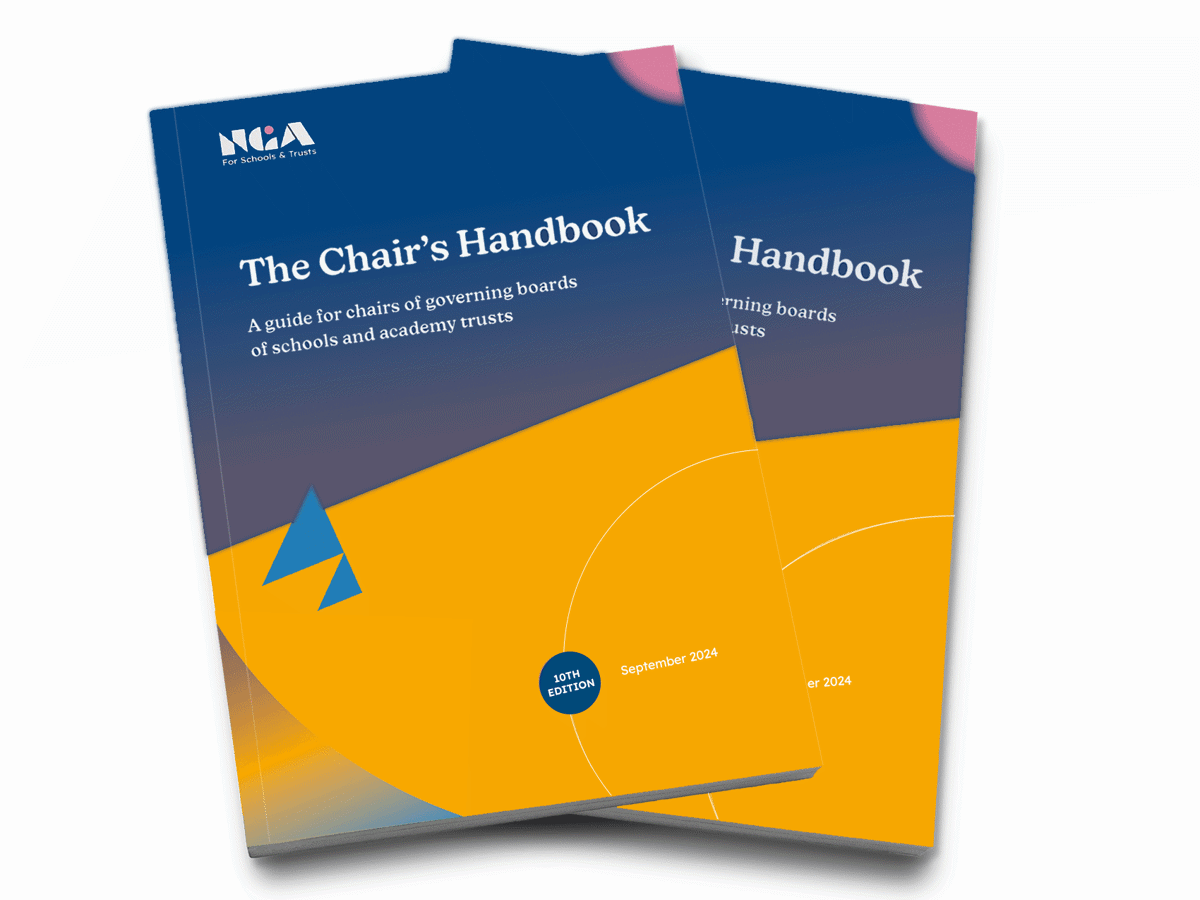The time it takes to chair a MAT
Research exploring how much time chairs of multi academy trusts spend performing their role and if it can be made sustainable and manageable for future chairs

Research has shown that being a chair of a school governing board is a significant time commitment and chairing, on average, takes around one calendar month per year. The perceived time commitment for those governing has also been noted to deter individuals from governing more generally and has been cited as a leading cause of the lack of diversity amongst those who can offer their time to govern our schools.
Research overview
This study by the National Governance Association (NGA) partly funded by BELMAS, explores how much time chairs of multi academy trusts (MATs) spend performing their role, what responsibilities and duties they undertake and why, and how and if the role can be made sustainable and manageable for those who feel they would struggle with the time commitment.
Key findings
1. Chairing a MAT, on average, takes just under 50 days a year and represents a significant time commitment for the volunteers undertaking this task.
2. MAT chairs were mixed on whether they were content with the time it took them to chair their MAT however, few were considering resigning as a result of this sacrifice.
3. Over a quarter have not put strategies in place to manage their time more effectively.
4. Over half of MAT chairs are retired or semi-retired and spend significantly longer on their role.
5. Most MAT chairs are present on more than one tier of governance, contributing significantly to their workload.
6. Apart from attending academy committee meetings, the most time consuming activity for MAT chairs was meeting their CEO and other members of the executive team.
7. Over 80% of MAT chairs felt that the time commitment of chairing had increased as a result of their MAT growing in size.
8. Delegation was the most cited strategy used for reducing and managing the time it takes to chair a MAT.
9. The vast majority of participants were against receiving payment for performing their role.
10. Over a third had not undertaken training in the last year and cited time constraints as the reason for this.
Chairing
Time management tips
We used our research into how chairs spend their time to create these time management tips. Each chair brings unique skills, experience and circumstances to their role - everyone works differently but we hope our tips offer helpful suggestions.




















